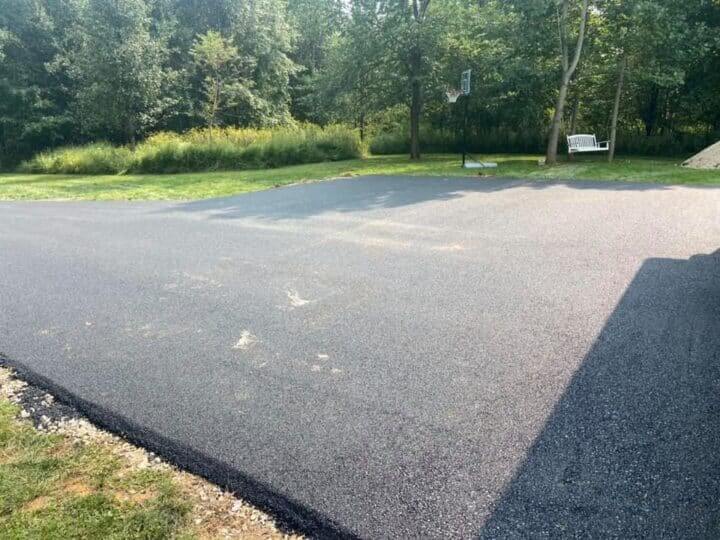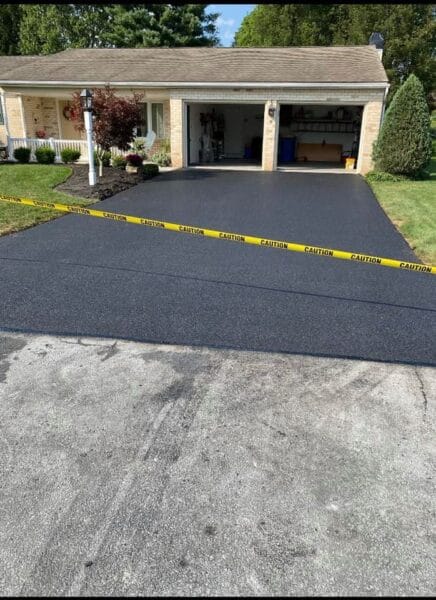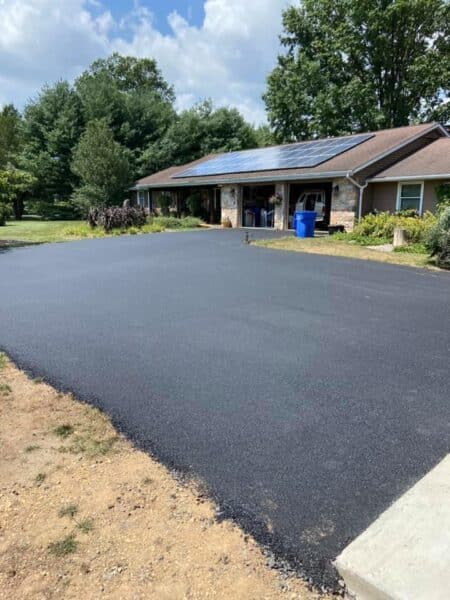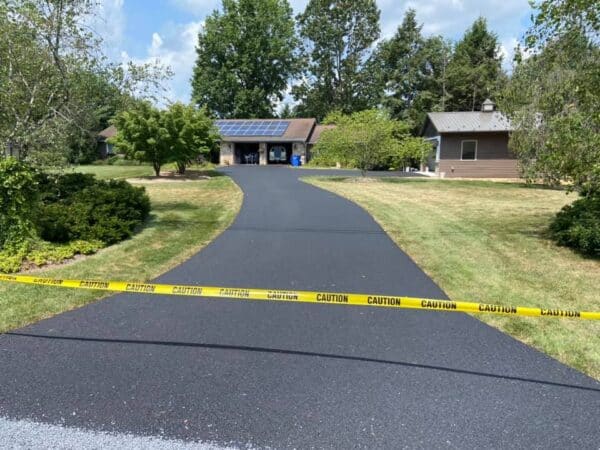Understand Everything About Paving Bases
Laying good paving on your property or business premises can be a great way to not only make that space look more attractive, but also make the space more functional. For example, a property with properly installed pavers for a patio, walkway, or driveway offers an aesthetic appeal that is simply difficult to resist.
Apart from that, that space is more enjoyable and easy as well as safe to relax in and walk or drive along. Yet, having a well-paved surface in the exterior space of your home or business premises entails using the right paving base.
What Is a Paving Base?
You can’t simply pour the pavers that you bought recently for your paving project along the surface where you want them on in the exterior space of your property or business premises, hoping to have the desired patio, walkway, driveway, etc. Though pavers are intended for the surfaces of the exterior spaces in our homes and/or business premises, these landscaping materials certainly aren’t meant to rest on plain surfaces.
They need to rest on some kind of material to offer a solid landscaping feature whether that be a patio, walkway, or driveway, etc. That material is known as a “paving base.”
What Is the Base Used for Pavers?
A wide variety of materials can be used as bases for pavers, depending on the benefits you hope to gain. These materials include crushed stones, compacted soil, sand as well as stone.
Crushed stone offers a sturdy as well as stable surface on which to lay pavers. Compacted soil( soil that has undergone compression as a result of foot traffic or vehicles or equipment driven over it eventually becoming very compact) has characteristics similar but lower than those of crushed stone.
Sand is well aerated and therefore offers better drainage than other paving base options available. Plus, it is cheap and can help you save a lot of money on your paving project. However, this material is less compact than adequate and therefore its particles will easily separate.
This will lead to unevenness and sinking for pavers that consist of it as a base material, especially if they are subjected to heavy traffic.
Last but not least is stone dust. This base option for pavers offers great drainage just as sand. Unfortunately, it is not as compact as expected of a great paving base. Like the case of sand, this can lead to sinking and uneven paving over time for pavers that use the dust as a base.
How Thick Should the Base be for Pavers?
Knowing the right thickness to apply to your paving base is an important part of installing solid paving that will serve you the best way possible. So, how thick should the base be for your pavers? Depending on the level of traffic you expect the landscaping to endure, it should be between 4 and 6 inches thick.
A good rule of thumb is that the higher the level of traffic you expect the paving to endure, the thicker your base should be.
Do You Need Road Base Under Pavers?
A road base is a layer of bound material designed to give structural integrity to a range of paving features intended for the purposes relating to mobility e.g a walkway, driveway, or pavement. The layer often consists of a high quality paving base material such as crushed stone. Do you need a road base under pavers? The answer is YES because that’s the only way you will have solid paving.
How Do I Prepare Ground for Pavers?
To prepare the ground where you will lay your pavers, clear the space of all the things that are on its surface whether that be plants, rocks, and stones, other objects, etc. After that, dig the soil to a depth of about 150 mm. Next, pour your paving base into the ground to ready it for your pavers. Tools you may need for the job include a rake, tape measure, shovel, and a wheelbarrow.
What is the best base for laying pavers?
As you already know, there are four major types of paving bases namely; crushed stone, sand, stone dust, and compacted soil. Each type of paving bases has a few characteristics that distinguish it from the rest. However though, of these bases for pavers, crushed stone is the most preferred choice as this base offers the most suitable characteristics of a paving base.
These characteristics include maximum sturdiness and stability. Due to that, pavers laid on crushed stone paving base product will neither become uneven nor sink overtime unlike those placed above other bases.
Final Thoughts
A base is an important part of any paving feature. This material that can be crushed stone, sand, compacted soil, or stone dust is where you will lay your pavers on as opposed to plain dirt. Nevertheless, choosing the right base for your pavers can go a long way in having a patio, walkway, driveway, or any other paving feature that is solid and completely functional.
Of which crushed stone remains the best option for a good paving base, thanks to its great characteristics that ensure sturdiness and stability for any type of paving. Plus, pavers laid on it will not become uneven or sink over time as opposed to those placed on other different types of paving bases like sand and stone dust.










